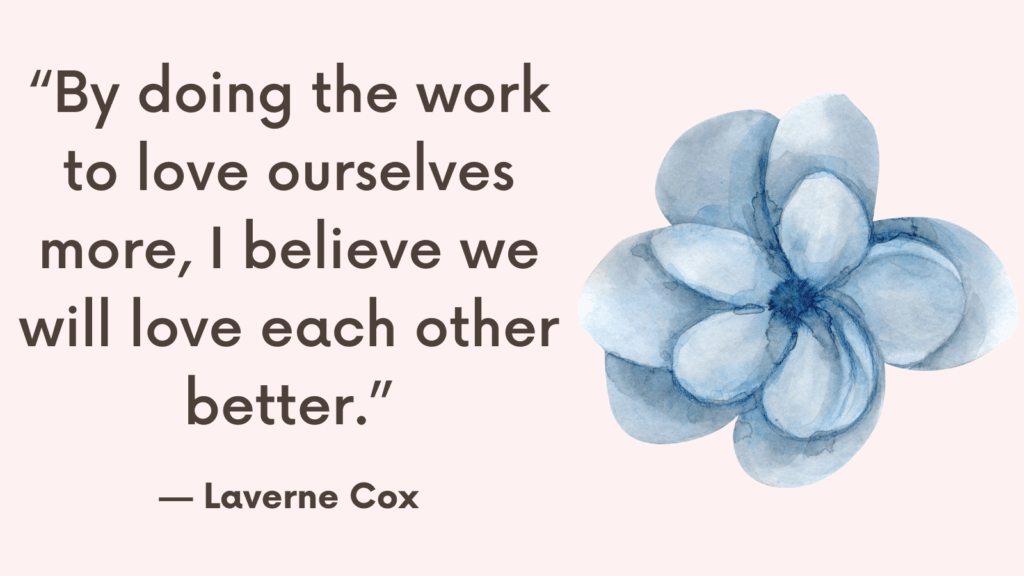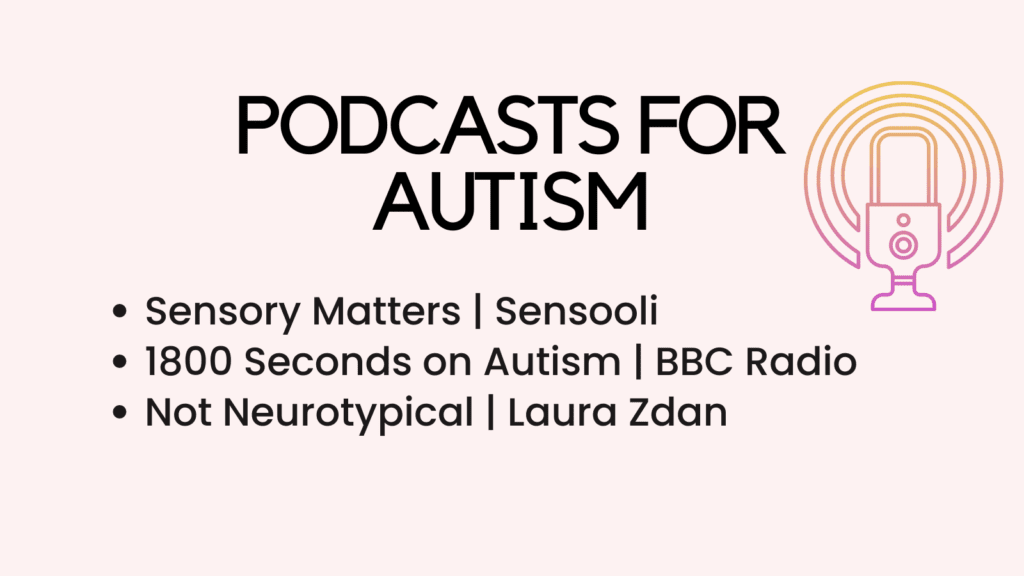This post contains some of the best jobs for people with autism.
What Is Autism?
Autism, or Autism Spectrum Disorder (ASD), is a neurodevelopmental disorder that affects an individual’s social interaction, communication skills, and behavior patterns.
It is typically diagnosed in early childhood and lasts throughout a person’s life.
Autism is considered a spectrum disorder because it varies widely in its severity and the combination of symptoms individuals may have.
Some common characteristics of autism include:
1. Social difficulties: Individuals with autism often have challenges in understanding and expressing emotions, maintaining eye contact, engaging in reciprocal conversation, and interpreting social cues.
2. Communication impairments: Many individuals with autism have difficulties in speech and language development. Some may have delayed language acquisition while others may have difficulty with maintaining conversations or using nonverbal communication.
3. Repetitive behaviors and restricted interests: People with autism may engage in repetitive movements or actions such as hand flapping, rocking, or lining up objects. They also tend to have intense or obsessive interests in specific subjects and may find it challenging to switch their focus onto other topics.
4. Sensory sensitivities: Individuals with autism may be hypersensitive or hyposensitive to sensory stimuli, such as lights, sounds, textures, or smells. This can lead to sensory overload or withdrawal in certain environments.
The exact cause or causes of autism are still not fully understood, but research suggests that a combination of genetic and environmental factors play a role.
There is no known cure for autism, but early intervention and various therapies can help improve communication, social skills, and overall quality of life for individuals with autism.
Related: Top +40 Autism Self Help Skills For Adults That Will Make Life Less Stressful (+FREE ASD Resources)
Best Jobs For People With Autism
Autism is a neurological condition that can affect an individual’s social interactions, communication abilities, and sensory processing.
However, it’s important to recognize that individuals with autism possess unique strengths and talents that can make them successful in various job roles.
1. Software or Computer Programming
Many individuals with autism excel in logical thinking, attention to detail, and problem-solving.
These qualities make careers in software or computer programming a great fit.
The structured environment and the ability to focus on complex tasks can be highly satisfying and productive for individuals with autism in this field.
2. Data Analysis or Research
Individuals with autism often demonstrate a keen eye for patterns and an exceptional ability to concentrate on details.
Jobs involving data analysis or research, such as data mining, market research, or scientific research, allow them to utilize these skills effectively.
3. Graphic Design or Animation
The visual creativity and attention to detail exhibited by individuals with autism can be harnessed in careers related to graphic design or animation.
They can excel in creating visually appealing designs, illustrations, or animations.
Related: Autism In Women Symptoms That Are Often Overlooked
4. Engineering
Engineering fields, including software, mechanical, electrical, or civil engineering, offer structured and solution-oriented work environments.
The ability to think analytically and methodically can make individuals with autism successful engineers.
5. Accounting or Bookkeeping
With their detail-oriented mindset and affinity for structure, individuals with autism can thrive in accounting or bookkeeping roles.
The meticulousness required in managing finances suits the strengths of individuals with autism in handling numbers and maintaining accuracy.
6. Library or Archival Work
Roles in libraries or archival work provide individuals with autism an opportunity to engage in meaningful tasks that require organization, attention to detail, and a passion for knowledge.
They can excel in cataloging, digitizing, and preserving valuable information.
Related: Shy Child Vs. Autism (& How To Parent A Child With Autism?)
7. Animal Care or Training
Many individuals with autism have a strong affinity for animals and possess excellent observational skills.
A career in animal care or training can be a natural choice, allowing them to establish deep connections with animals and excel in understanding their behaviors and needs.
8. IT Support or Technical Assistance
The ability to troubleshoot and problem-solve makes individuals with autism well-suited for IT support or technical assistance roles.
These positions provide opportunities to leverage their extensive knowledge of technology while helping others overcome technical challenges.
9. Laboratory Technician
Laboratory work, such as being a laboratory technician, requires precision, attention to detail, and adherence to protocols.
The structured nature of the work, combined with the ability to focus on tasks, can be highly advantageous for individuals with autism.
Related: Autism Resources For Adults (Information, Podcasts, TED Talks, Books)
10. Web Development or Design
Individuals with autism often possess strong skills in logical thinking, precision, and attention to detail, which are all crucial in web development or design.
Their ability to comprehend complex coding languages and create visually appealing websites can be a significant asset.
11. Video Editing or Production
The ability to immerse themselves in solitary, detail-oriented tasks makes video editing or production an attractive career option for individuals with autism.
Their inclination towards structure and fascination with visual storytelling can lead to exceptional work in this field.
12. Research Assistant in a Scientific or Academic Setting
With their analytical minds and penchant for detail, individuals with autism can make valuable contributions as research assistants in scientific or academic settings.
Their ability to focus on tasks for extended periods can aid in meticulous data collection and analysis.
Related: Best 10 Autism Books For Parents
13. Copywriting or Content Creation
Individuals with autism often possess a rich vocabulary and exceptional writing skills.
Careers in copywriting or content creation can allow them to channel their creativity and linguistic abilities to produce engaging and meaningful content.
14. Gardening or Landscaping
Working with plants and nature can be highly therapeutic for individuals with autism.
Jobs in gardening or landscaping capitalize on their attention to detail and their ability to create visually appealing outdoor spaces.
15. Computer Repair and Maintenance
Individuals with autism often have an innate understanding of technology and are proficient in troubleshooting technical issues.
Careers in computer repair and maintenance enable them to utilize their problem-solving skills effectively.
Related: How To Feel Your Feelings? Top 9 Difficult Emotions To Cope With In Healthy Ways
16. Quality Control or Testing
Quality control and testing roles necessitate meticulous attention to detail and adherence to protocols.
Individuals with autism can excel in ensuring products meet quality standards and identifying flaws through their attention to detail and systematic approach.
17. Transcription Services
With their ability to focus on tasks and attention to detail, individuals with autism can consider careers in transcription services.
This involves converting spoken language into written form accurately, making it an ideal fit for individuals with strong listening and typing skills.
18. Financial Analysis
Individuals with autism can excel in careers related to financial analysis due to their ability to focus on numbers and analyze complex data sets.
Their attention to detail and logical thinking can contribute to making sound financial decisions.
Related: Best 99 Coping Skills (+FREE Coping Worksheets)
19. Virtual Assistance
The structured nature of virtual assistance, combined with task-oriented work, can be a good match for individuals with autism.
They can provide administrative support, manage schedules, and handle communications remotely for clients or businesses.
20. Translation Services
Individuals with autism who possess strong language skills can consider careers in translation.
Their attention to detail and linguistic abilities can assist in bridging communication gaps between different cultures and languages.
21. Home Organization and Decluttering
With their natural inclination for organization and attention to detail, individuals with autism can pursue careers in helping others declutter and organize their living spaces.
This can include organizing closets, creating efficient storage systems, or implementing clutter-free environments.
Remember, these suggestions are based on general observations and research.
It is important to acknowledge that each individual with autism has unique strengths and preferences.
Therefore, it is essential to consider personal interests, abilities, and goals when choosing the most suitable career path.
Related: Best 10 Emotional Intelligence Books
Strategies for Coping and Thriving
Living with autism can present unique challenges, but with the right strategies and support, individuals with autism can lead fulfilling and successful lives.
1. Develop a routine
Establishing a structured routine provides predictability and stability, which can be particularly beneficial for individuals with autism.
Creating a consistent daily schedule can help reduce anxiety and make navigating day-to-day tasks more manageable.
Visual aids, such as calendars or daily planners, can be useful tools in organizing activities and maintaining routine.
2. Enhance communication skills
Communicating effectively is essential for individuals with autism to express their needs, feelings, and thoughts.
Some strategies that can enhance communication skills include participating in social skills groups or individual therapy can help individuals with autism develop and refine their social interaction abilities.
Related: Best 7 Books On How To Control Your Emotions
3. Utilize sensory regulation techniques
Sensory sensitivities are common among individuals with autism. Implementing sensory regulation techniques can help them manage sensory overload and facilitate relaxation.
Some strategies include:
– Creating a sensory-friendly environment: Setting up a calm and organized space, providing options for different sensory preferences, and minimizing overwhelming stimuli can create a more comfortable environment.
– Engaging in sensory activities: Activities such as deep pressure stimulation, sensory bins, or using fidget toys can help individuals regulate their sensory experiences.
4. Foster social connections
Building and maintaining social connections can be challenging for individuals with autism, but it is crucial for their emotional well-being.
Encouraging participation in social activities, joining support groups, or connecting with others who share similar interests can provide opportunities for meaningful relationships and social support.
Related: Negative Core Beliefs List (& 8 Tips On How To Challenge Them)
5. Develop coping mechanisms for anxiety
Anxiety is a common comorbidity in individuals with autism.
Teaching adaptive coping mechanisms can empower individuals to manage and reduce anxiety levels. Some strategies include:
– Breathing exercises: Deep breathing techniques can help individuals calm their nervous system and reduce anxiety.
– Cognitive-behavioral therapy (CBT): Learning CBT techniques can enable individuals to identify and challenge negative thought patterns, promoting more positive and adaptive thinking.
– Mindfulness practices: Introducing mindfulness techniques, such as meditation or guided imagery, can help individuals develop awareness and acceptance of their emotions, reducing anxiety.
6. Educate and advocate for oneself
Encouraging individuals with autism to learn about their condition empowers them to advocate for their needs and rights.
Providing resources, self-advocacy training, and promoting understanding and acceptance within their community can contribute to their overall well-being and quality of life.
7. Explore vocational opportunities
Finding suitable employment can be a significant challenge for individuals with autism.
However, identifying and exploring vocational opportunities that align with their strengths and interests is crucial for their long-term success.
Vocational counseling and services that support skill development, job placement, and workplace accommodations can greatly assist in their career journey.
Related: Top 10 Tips On How To Practice Stoicism (For a Good, Happy Life)
8. Embrace individual strengths and celebrate achievements
Individuals with autism possess unique strengths, talents, and abilities.
Identifying and nurturing these strengths not only boosts self-confidence but also provides a sense of purpose and accomplishment.
Encouraging individuals to set realistic goals and celebrating their achievements, both big and small, fosters self-esteem and personal growth.
9. Practice self-care
Self-care plays a vital role in maintaining overall well-being.
Encouraging individuals with autism to engage in activities that they enjoy and find relaxing can help reduce stress levels.
This could include pursuing hobbies, engaging in physical exercise, practicing mindfulness, or engaging in sensory activities that promote relaxation.
Related: Best 9 Nonfiction Books About Mental Health
Conclusion
Living with autism presents its own set of challenges, but by implementing these coping strategies, individuals with autism can thrive and lead fulfilling lives.
It is important to remember that everyone’s journey is unique, and what works for one person may not work for another.



